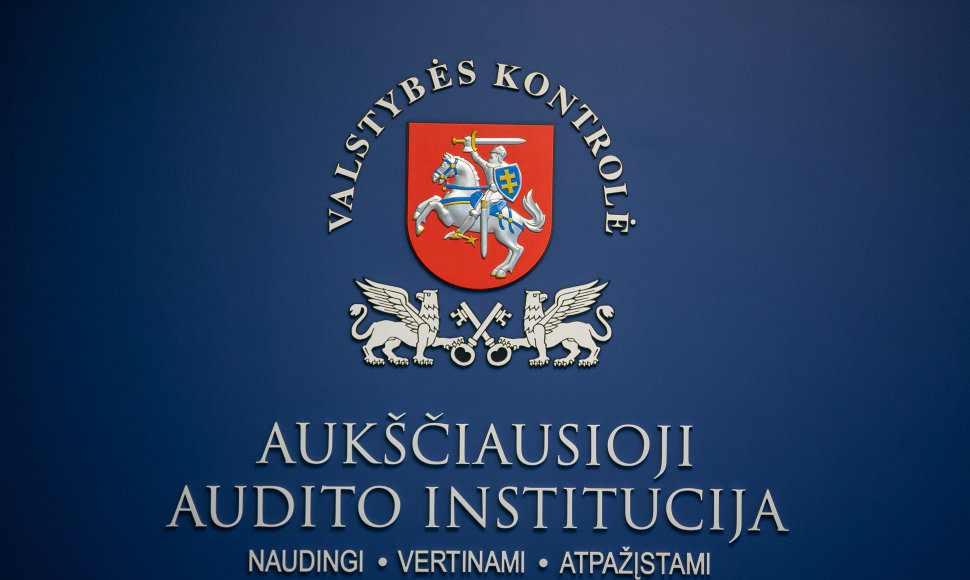“In order to ensure access to education and science, healthcare, social protection and the creation of a favourable environment for economic development and employment, adequate financial resources and effective strategic planning are needed. The reform of the system has been included by the Government in its list of strategic works and a number of measures of transitional period have already been implemented, but no substantial changes have yet been made in this area,” says Nomeda Poteliūnienė, Principle Auditor of the Governance Audit Department of the National Audit Office.
The shortcomings in the strategic planning have not yet been addressed: It is not always decided which criteria will be used to assess national policies, some results of Lithuania’s performance based on which the country is rated internationally are not measured, instead the number of meetings, sittings, events and attendees are counted.
There are reasonable doubts as to the timing of the change, as the adoption of a new quality medium-term budget was planned for 2021-2023, however no legal act necessary to establish this budget has yet been adopted and the work on the restructuring phases is delayed by 1-1.5 years.
As suggested by the National Audit Office, the Ministry of Finance has been preparing the so-called citizens’ budget “Budget at a glance” for the second year, which provides a clear and concise overview of the planned budget. However, the auditors miss one of the key elements in it - the main expected results from the use of the budget. For example, in 2020, the “Budget at a glance” indicates an amount of EUR 2.3 billion for health, but does not specify how the scope or quality of healthcare for the population will change.
Another expected development is the preparation of the Public Investment Programme so far, which does not reflect all public investment nor detailed information on the projects included in the programme, and their inclusion into the programme does not ensure their successful implementation within the planned timeframes. Due to the lack of funding and changing priorities, projects are blocked several times, part of which takes several decades to complete. Between 2010 and 2019, 63 projects did not receive funding for 3 years or more. In line with the recommendations of the National Audit Office, the State Investment Programme is planned to be discontinued.
The results of the most recent audits show that the level of maturity of budgetary governance established by the National Audit Office in 2018 has not changed and remains within the first level.












